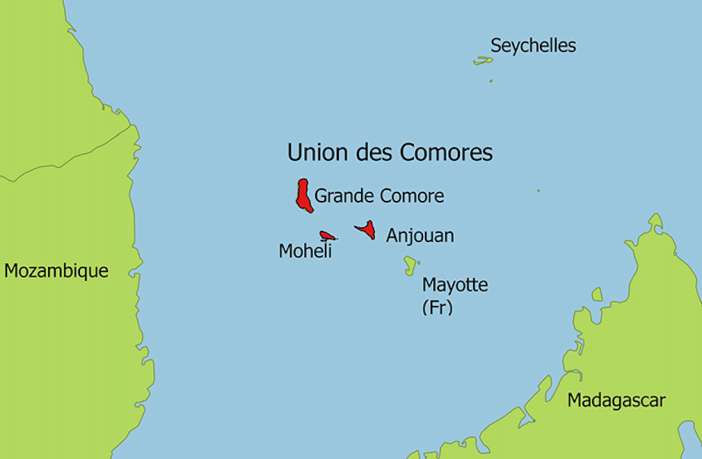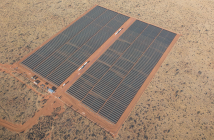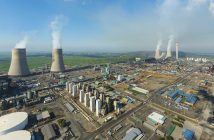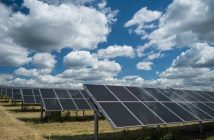- The Comoros Energy Sector Support Project, originally approved in 2013, aims to respond to a twofold challenge in the energy sector in the Comoros.
- At the time, electricity access was around 50% of the population, and unevenly split between the three islands (10% in Moheli, 50% in Anjouan and 60% in Grande Comore).
In addition, the distribution networks were unreliable, with technical and commercial losses estimated at around 40%. These losses have been reduced to 30%, with a final target of 25%. A shortage of supply used to lead to frequent power cuts for around five hours every four days in rural areas, between eight and 12 hours a day in Grande Comore, and around 10 hours a day in Anjouan.
Implementation of the project is scheduled to be completed in 2023.
An African Development Bank report on the project’s progress and results, published in Abidjan on 30 May 2022, notes that the project has benefited from two tranches of funding: an initial tranche of $8.06 million from the African Development Fund, the Bank Group’s concessional window, and a second tranche of $11.99 million from the Bank Group’s Transition Support Facility.
To date, additional energy production capacity rehabilitated or installed in the Comoros, thanks to the project, is estimated at 5.4 megawatts. This target has been achieved following the rehabilitation of three hydroelectric power plants (0.6 MW) and four thermal power stations including the installation of three new electricity generation units commissioned in 2015 (4.8 MW).
Another 74 kilometres of medium-voltage lines have been repaired and two loops created have given the power grid an unprecedented level of operational flexibility. Fuel storage capacity has been increased to 700 cubic metres, well above the target of 90 cubic metres.
“The project is making good progress towards achieving its development objective,” the Bank states in its report.
“This is an important project that has allowed the government to implement critical reforms in the energy sector. We are satisfied with what has been achieved,” said the African Development Bank’s Director General, East Africa Region, Nnenna Nwabufo.
Author: Bryan Groenendaal











